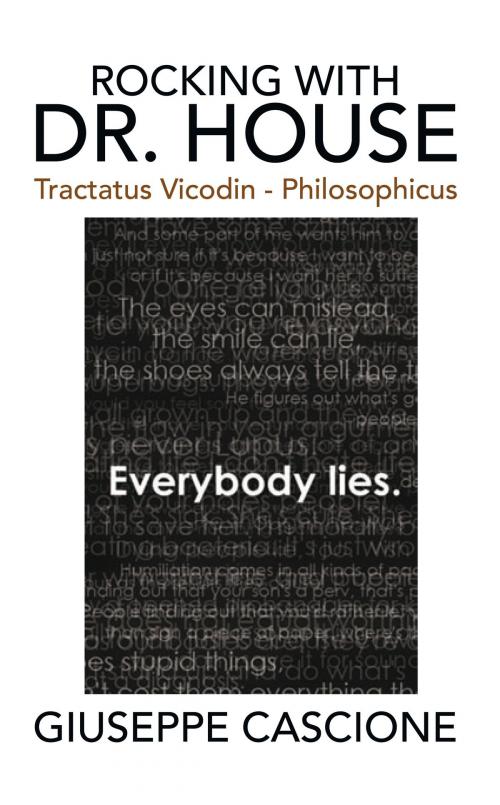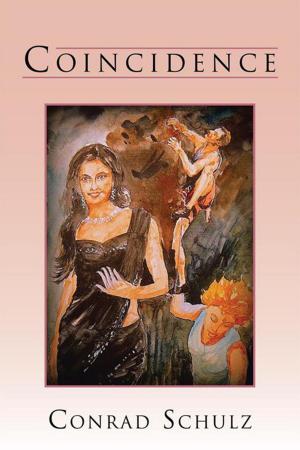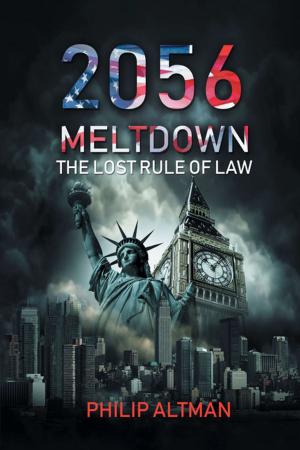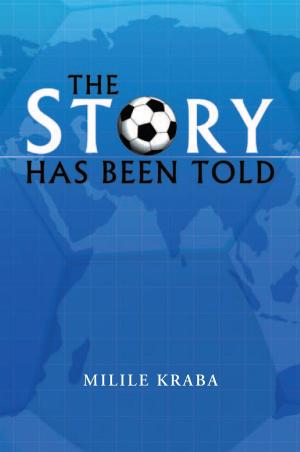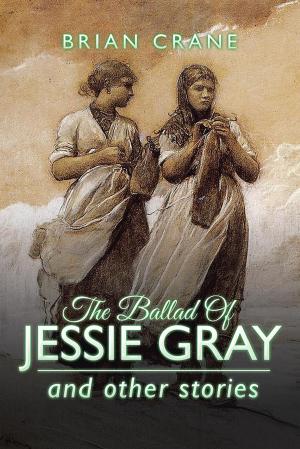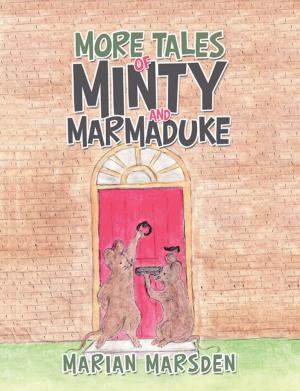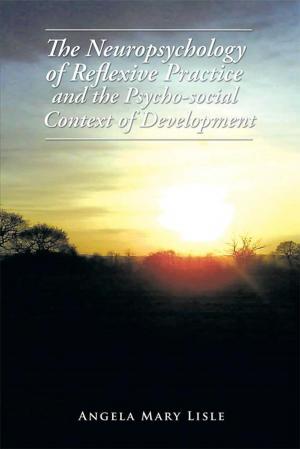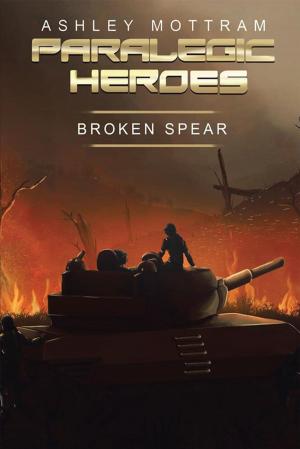| Author: | Giuseppe Cascione | ISBN: | 9781453543719 |
| Publisher: | Xlibris UK | Publication: | August 24, 2010 |
| Imprint: | Xlibris UK | Language: | English |
| Author: | Giuseppe Cascione |
| ISBN: | 9781453543719 |
| Publisher: | Xlibris UK |
| Publication: | August 24, 2010 |
| Imprint: | Xlibris UK |
| Language: | English |
This essay is a game. And like all games it sets some rules. In this book, I'm not going to distinguish between Dr Gregory House's line of thought and that of the series creator David Shore, just as students of Socrates are obliged to ignore the distinction between Socrates' and Plato's ideas. In both cases one is dealing with virtual characters. In House's case, it's obvious that as a fictional character he doesn't exist as such; rather he's a person through which a team of screenwriters voice their ideas. In each episode these reflections are re-worked around a single plotline, a mix of character and physical being, in line with a narrative project. In Socrates' case, it's more or less the same thing, with Plato constructing a fiction as a vehicle for his ideas on important philosophical questions. The fiction - meant here as a performance of characters, some fictional, others based on real people, representing divergent and often contradictory opinions - relies on the well-known 'Manzonian' criterion of 'plausibility'. Would Socrates plausibly have said this, thought that? Would he have inferred that? But who is this Socrates? What do we know about him? We currently know two things for sure: firstly, as far as we know there are established historical witnesses to the existence of Socrates; and secondly, the task of establishing whether there is total convergence between the thoughts and philosophies of Socrates and Plato lies beyond this author's remit and the scope of this work. The second reference I intend to make is to a philosopher who in many ways shares House's outlook, namely Nietzsche. This analogy essentially rests on a central claim - that both have, as Ernst Nolte said in a famous and controversial essay, turned their bodies into battlefields. Both have gained an intimate knowledge of their body through its darkest and most horrendous aspect - pain. For both, philosophising has had to painfully make its way in a jungle of suffering. In these conditions no thought is taken for granted, no inference is ever banal; everything is earned at high price. Consequently, every element in this context should occasionally be re-considered as a non-given element. When normal gestures that are easy for everyone to make become complicated and reliant on the actor's inexhaustible will, there's no longer a place you can call home, a communal place. You have to continuously invent your way. There is no better condition for the researcher, indeed for anyone who refuses the comfortable banality of everyday life, whether detested or longed for. From a methodological point of view, this is a privileged situation as it allows us to examine everything, to take nothing for granted and to see things where others no longer see anything. The other analogy, strictly linked to the first, is the tendency to behave in a politically incorrect way - taking drugs, sex, gambling and so on. These are forms of behaviour which depend totally on the rejection of the ordinary as the sole rule of life and on the use of the self as a testing ground for the out-of-the-ordinary. The cynical behaviour that results is, at this point, obvious. Another analogy is in the rational method. Even if both Nietzsche and House successfully use a rational method (the former a philosophical method, the latter a logical-scientific method) this does not mean that both are absolute rationalists. As Nietzsche sustains, the dialectic method of the Greek philosophers refuses emotions and rewards rational analysis. However, it retains an element of feeling in its roots. And this is the pleasure in using the dialectic method itself. The real passion is to philosophise, meaning here exercising one's capacity to resolve philosophical problems, dilemmas, or, as we'd say nowadays, brainteasers; in a word, puzzles.
This essay is a game. And like all games it sets some rules. In this book, I'm not going to distinguish between Dr Gregory House's line of thought and that of the series creator David Shore, just as students of Socrates are obliged to ignore the distinction between Socrates' and Plato's ideas. In both cases one is dealing with virtual characters. In House's case, it's obvious that as a fictional character he doesn't exist as such; rather he's a person through which a team of screenwriters voice their ideas. In each episode these reflections are re-worked around a single plotline, a mix of character and physical being, in line with a narrative project. In Socrates' case, it's more or less the same thing, with Plato constructing a fiction as a vehicle for his ideas on important philosophical questions. The fiction - meant here as a performance of characters, some fictional, others based on real people, representing divergent and often contradictory opinions - relies on the well-known 'Manzonian' criterion of 'plausibility'. Would Socrates plausibly have said this, thought that? Would he have inferred that? But who is this Socrates? What do we know about him? We currently know two things for sure: firstly, as far as we know there are established historical witnesses to the existence of Socrates; and secondly, the task of establishing whether there is total convergence between the thoughts and philosophies of Socrates and Plato lies beyond this author's remit and the scope of this work. The second reference I intend to make is to a philosopher who in many ways shares House's outlook, namely Nietzsche. This analogy essentially rests on a central claim - that both have, as Ernst Nolte said in a famous and controversial essay, turned their bodies into battlefields. Both have gained an intimate knowledge of their body through its darkest and most horrendous aspect - pain. For both, philosophising has had to painfully make its way in a jungle of suffering. In these conditions no thought is taken for granted, no inference is ever banal; everything is earned at high price. Consequently, every element in this context should occasionally be re-considered as a non-given element. When normal gestures that are easy for everyone to make become complicated and reliant on the actor's inexhaustible will, there's no longer a place you can call home, a communal place. You have to continuously invent your way. There is no better condition for the researcher, indeed for anyone who refuses the comfortable banality of everyday life, whether detested or longed for. From a methodological point of view, this is a privileged situation as it allows us to examine everything, to take nothing for granted and to see things where others no longer see anything. The other analogy, strictly linked to the first, is the tendency to behave in a politically incorrect way - taking drugs, sex, gambling and so on. These are forms of behaviour which depend totally on the rejection of the ordinary as the sole rule of life and on the use of the self as a testing ground for the out-of-the-ordinary. The cynical behaviour that results is, at this point, obvious. Another analogy is in the rational method. Even if both Nietzsche and House successfully use a rational method (the former a philosophical method, the latter a logical-scientific method) this does not mean that both are absolute rationalists. As Nietzsche sustains, the dialectic method of the Greek philosophers refuses emotions and rewards rational analysis. However, it retains an element of feeling in its roots. And this is the pleasure in using the dialectic method itself. The real passion is to philosophise, meaning here exercising one's capacity to resolve philosophical problems, dilemmas, or, as we'd say nowadays, brainteasers; in a word, puzzles.
